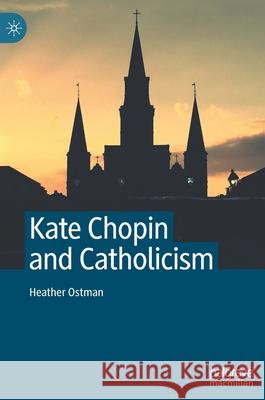Kate Chopin and Catholicism » książka
topmenu
Kate Chopin and Catholicism
ISBN-13: 9783030440213 / Angielski / Twarda / 2020 / 229 str.
Kate Chopin and Catholicism
ISBN-13: 9783030440213 / Angielski / Twarda / 2020 / 229 str.
cena 342,14
(netto: 325,85 VAT: 5%)
Najniższa cena z 30 dni: 327,68
(netto: 325,85 VAT: 5%)
Najniższa cena z 30 dni: 327,68
Termin realizacji zamówienia:
ok. 16-18 dni roboczych.
ok. 16-18 dni roboczych.
Darmowa dostawa!
Kategorie:
Kategorie BISAC:
Wydawca:
Palgrave MacMillan
Język:
Angielski
ISBN-13:
9783030440213
Rok wydania:
2020
Wydanie:
2020
Ilość stron:
229
Waga:
0.44 kg
Wymiary:
21.01 x 14.81 x 1.42
Oprawa:
Twarda
Wolumenów:
01
Dodatkowe informacje:
Wydanie ilustrowane











